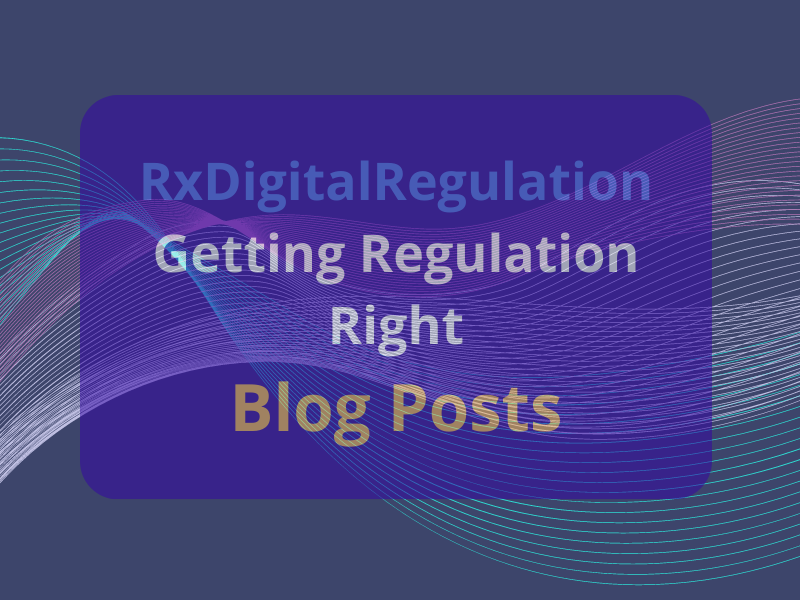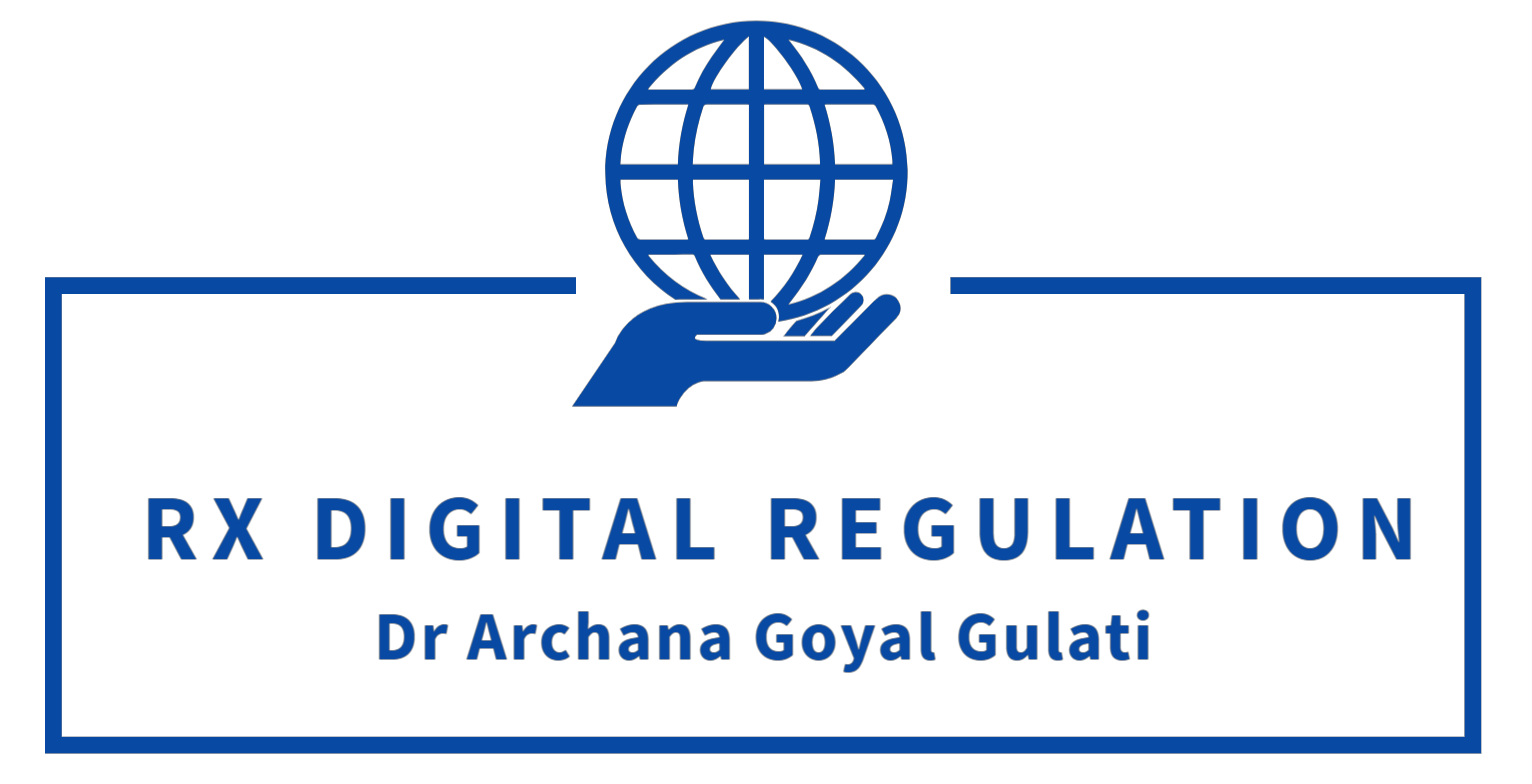
Responsible Policy Making Needs Sound Regulation

I was impressed by an article published in the Times of India today- “Muddling through Food Security,” by Ashok Gulati, Chairman of the Commission for Agricultural Costs and Prices. Writing about the recently passed food security bill, this economist has succinctly explained the pitfalls of the food subsidy programme proposed to cost Rs 1,30,000 crore at current prices. He has stated that it will probably not achieve its objective of better nutrition but will drive up our fiscal deficit while diverting precious funds from other critical areas such as sanitation, drinking water and female education needed to address malnutrition and health in our country. Commenting that “the art of policymaking lies in achieving desired ends with minimal costs” he has pointed out that instruments like conditional cash transfers can achieve desired ends much more efficiently without distorting agri-markets.
I draw attention to this contentious issue as an example of India’s desperate need to mandate a full-fledged, transparent economic analysis of state-funded schemes. Taxpayers have a right to know that we are achieving short-term growth and equity in efficient ways that will not cause long-term harm to our economy. We have a lot of debate in the media and the parliament. Still, it should be based on a structured analysis of the proposed regulation backed by hard facts and figures that policymakers own up responsibility for. Decision makers may not then find it so easy to ignore rationality in favour of other considerations. Placing hard facts and figures in the public domain would empower citizens.
My blog concerns ICTs penetration. This issue is relevant for that as well. In a developing country like India, we have less than satisfactory institutional capabilities, leading at times to less than efficient policymaking even when we have sound inputs from within and outside policymaking bodies. Regulation that mandates transparent economic analysis and placement of the full justification for policy measures in the public domain can, in my view, counter regulatory capture and rent-seeking.
Take the example of subsidising Universal service. I have written earlier about USOF India’s proposed scheme to subsidise mobile devices. If regulation mandated a transparent socio-economic cost-benefit analysis of this measure, necessitating justification that this is the only/best way of increasing mobile penetration among the rural poor, it would help policymakers make better decisions.
Another area where much improvement is required in Indian policymaking is that economic analysis of a policy has to capture a much larger canvas, as has been painted for us by Mr Gulati in his article. We have to examine the impact of policymaking on the sector and economy as a whole rather than conveniently bury our heads in the sand. This reminds me of my concerns about state-funded broadband rollouts. Previous posts can be seen under the labels Competition, National Broadband Plans and Broadband Networks.

